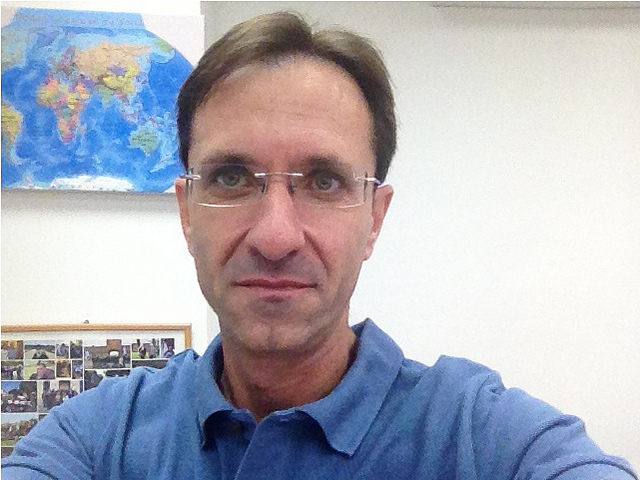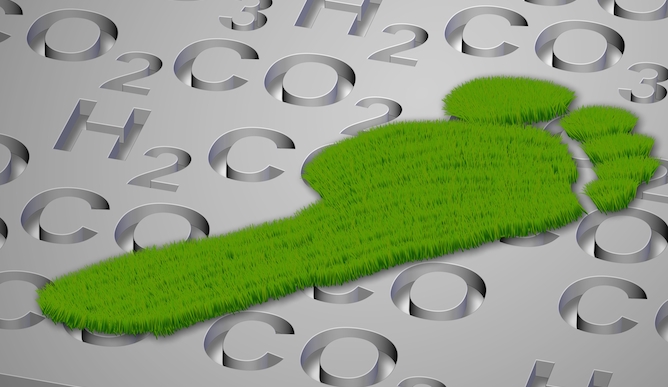Yet another Israeli company is making an international name for itself, this one for its green innovation.
Though Energy Industries has been around for 40 years, it wasn’t until changing hands three years ago that it began to boom. Originally dealing in boilers and piping, it is now a leading problem solver in the field of energy conservation, at home and abroad.
One of its signature systems – utilizing alternative energy sources to heat greenhouses in cold climates – was recently sold to the government of Georgia. Another, which involves extracting the natural gases emitted from garbage landfills and turning it into electricity, earned the Israeli company a contract to build a plant in Ghana.
“The core of our philosophy is providing different energy solutions for different needs, and coming up with creative methods to tackle challenges specific to businesses and their surrounding environment,” says CEO Zion Suki, who has been with the company for the last year and a half.
The bulk of the company’s projects are within Israel, and most involve the heating of water — a necessity for every factory. But boilers, which have heating elements, require huge energy expenditures. A more efficient method, says Suki, is heat pumps, which heat outside air. Though it takes electricity to heat the air, the entire process expends one quarter the energy of the boiler system.
Of course, Suki adds, the greatest natural resource Israel has is the sun. And his company, with 100 employees, also has contracts with large private and public institutions to install solar panels and massive boilers. Clients include the Hebrew University in Jerusalem and Ben-Gurion University in the Negev, as well as the Israel Defense Forces and the Prison Authority.
Repurposing natural resources
The high cost of electricity, says Suki, is a critical problem common to every industry in Israel. He points to a recent three-day Manufacturers Association conference in Eilat, attended by high-ranking politicians and captains of industry. There, he recounts, “They all said, ‘Finally Israel has found natural gas. Why hasn’t it reached us yet?’”
Suki, 45, tells ISRAEL21c how his 20 years in the Shin Bet (Israel Security Agency) — during which he completed bachelor degrees in political science and international relations and a master’s degree in law — have served him in good stead in his managerial capacity.

“I learned about determination, loyalty and adherence to a mission,” he says.
An example of such a mission was figuring out how to heat greenhouses in the freezing temperatures of Georgia – a country that has many hot springs. One of these springs was flowing into the sewage system of an area with a greenhouse.
Energy Industries created a way to redirect the geothermic (hot spring) water into special thin pipes leading to the greenhouse. The water heats the pipes, and the pipes, in turn, heat the interior of the greenhouse.
Another system that Energy Industries developed in Georgia channels the gas emitted by a metal-smelting factory — gas that was simply polluting the environment – into pipes that then heat the greenhouse.
“We always ask our clients about the area in which they are operating, to see whether there is a solution involving a natural resource in the vicinity,” Suki says.
Reducing greenhouse gases
The company’s project in Kumasi, the second largest city in Ghana, involves building a power plant based on creating electricity from the methane gas emitted from a large landfill of organic waste.
The $6 million contract is being carried out in conjunction with Western countries committed to the 2005 Kyoto Protocol, an international agreement connected to the United Nations Framework Convention on Climate Change, aimed at reducing greenhouse gas (GHG) emissions from industrial activity. (Greenhouse gases have nothing to do with actual greenhouses; they are gases that trap heat in the atmosphere, producing a climate-changing “greenhouse-like” effect.)
Suki explains that signatories to the Kyoto Protocol receive “carbon credits” for reduction of GHG. But these are not restricted geographically. This means that countries like, say, Germany and Sweden can fulfill their commitments by conserving energy beyond their borders.
And since it is far cheaper in developing countries to install mechanisms to accomplish this, Ghana is a good example of a place where signatories can abide by their conservation obligations at a lower cost.
This has been beneficial to an Israeli company like Energy Industries. Suki says it has been difficult competing in the American and European markets, which are both massive and possess advanced technology.
“Neither Georgia nor Ghana, however, has the Israeli technology or knowhow that Energy Industries provides,” he says.
















